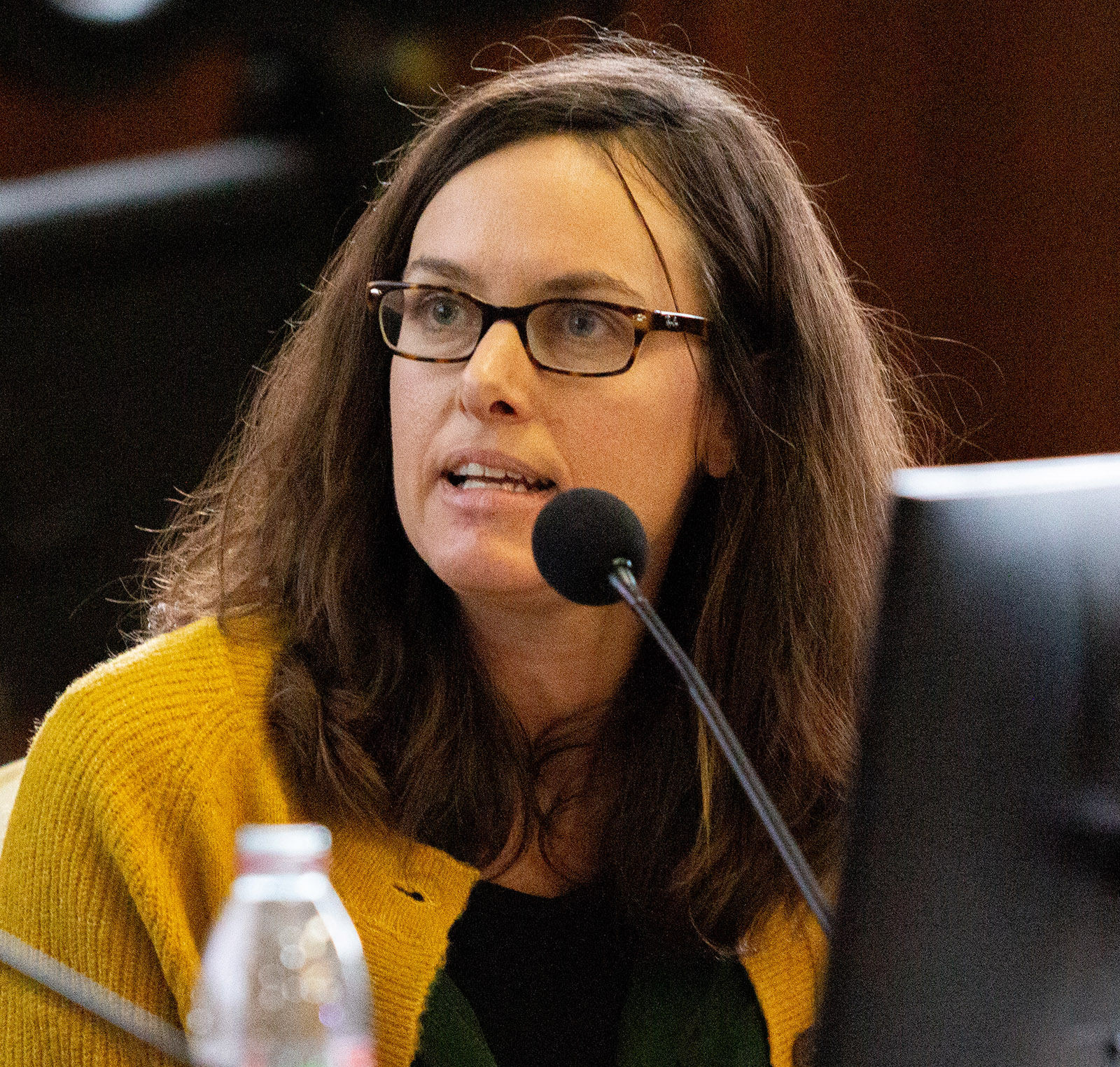“The way we eat and buy food is causing an ecological and health catastrophe.” That was the conclusion of 37 leading scientists from the EAT-Lancet Commission on Food, Planet and Health in 2019. To move towards a more sustainable food system, Europeans should eat more plant-based foods and waste less food. However, focusing solely on individual responsibility is both insufficient and unfair, as citizens’ food habits are greatly influenced by the food environment in which they buy, cook and eat. In Europe, more than two thirds of citizens do their grocery shopping in supermarkets. They have a profound impact on food choices through their assortment, marketing strategies and shop design. By using their expertise, supermarkets can help citizens shift to more sustainable food choices.
The SUCCESS project explored how supermarkets together with citizens can take steps towards more plant-based food habits and less food waste. Rikolto headed this EIT-Food project from 2022 to 2024, and teamed up with partners from Belgium, Poland and Finland. We carried out multiple activities to shift European food habits through three main strategies: 1) increasing a positive mindset and knowledge about sustainable consumption among citizens, 2) engaging citizens to redesign food environments together with supermarkets and other actors, and 3) stimulating supermarkets to help citizens make sustainable choices. This way, the SUCCESS project reinforced Rikolto’s endeavours to create healthy and sustainable food environments in Europe.

"Changing an eating culture is no simple task. But culture is not static, it evolves. That is an opportunity, not only a challenge."
Throughout the project activities, the roles of supermarkets and citizens became clear.
During the Shop & Cook workshops in Poland, citizens learned how to make sustainable choices in the supermarket and then cook sustainably in the kitchen. Even long after the training, participants continued using zero-waste cooking techniques and plant-based recipes. Moreover, they shared their new cooking skills with friends and family. Citizens are thus not only capable of learning new eating habits, but they also like to share them within their social networks.
Of course, participants in these workshops were already motivated to change. The SUCCESS project mapped consumer profiles in Finland, Poland and Belgium, and found that, alongside a group of dedicated believers, a large group of people wants to eat more sustainably but does not get around to it. These results reaffirm previous research showing that the ‘value-behaviour gap’ is the main challenge towards more plant-based eating habits and less food waste. To change food habits on a large scale, we need scalable interventions. This is where supermarkets come into play.
Nudging experiments in Belgian and Finnish supermarkets tried to increase sales of plant-based proteins. The results were similar in both countries: nudge customers in the right direction using shop design, packaging and inspiring recipes, and sales of plant-based proteins will rise. The project also developed a database and carried out stakeholder interviews to identify effective supermarket initiatives across the three countries. The positive outcomes of the nudging experiments and the collected best practices can motivate supermarkets to fully commit to a comprehensive approach to increasing plant-based sales and reducing food waste.
Moreover, citizens explicitly want supermarkets to help them eat more sustainably. This became clear during the awareness engagement workshops and citizen panels organised in Belgium and Poland. In the workshops, participants learned about nudging and marketing techniques in the supermarket, while in the panels they discovered what supermarkets are (not yet) doing to make sustainable choices as easy as possible. Afterwards, participants were able to formulate a message to the supermarkets. Citizens could also voice their opinions in constructive online dialogues on food sustainability. The messages from these workshops, citizen panels and online dialogues were clear: take responsibility and help us eat more sustainably.
“I look forward to the day when plant-based alternatives are no longer an alternative, but an equal choice.”
- Participant of a citizen panel, Belgium
Therefore, it is key to identify both the hurdles and opportunities for supermarkets so they can fully take up their responsibility. A learning network was set up to exchange views, best practices and ideas between the five largest supermarkets in Belgium. This network created a safe setting in which five hypercompetitive food actors can discuss joint sustainability efforts. We also organised dialogue sessions between supermarkets and other food actors, namely young farmers and government officials. Based on these talks, a large public symposium was organised where food actors and citizens tried to envision the supermarket of the future.
Citizens are willing to eat more plant-based foods, and supermarkets can help us with that transition. The project illustrated that all stakeholders have their role to play. But in Europe, the supermarket is where scalable, impactful change can and should take place. Supermarkets are in the driver’s seat, with citizens riding shotgun. With the SUCCESS project, Rikolto and its partners have taken concrete steps towards that shared goal.
